Hilton Divestment Vindicates Blackstone’s Patience
Analysts outline how the company followed up on the unification of Hilton’s domestic and international sides, and why the investor’s moves have paid off so well.
By Scott Baltic
Bold moves, big money and a substantial dose of patience have added up to a huge payday for Blackstone Group. The company prepares to make its final divestment from Hilton Worldwide, more than a decade after taking the company private. Blackstone announced that it will sell 15.8 million shares, its last stake in Hilton Worldwide Holdings, for an estimated $1.3 billion. The sale, according to Bloomberg, will bring Blackstone’s profits from its investment in Hilton to about $14 billion.
Commercial Property Executive talked with an industry participant and expert, and an analyst who’ve closely followed the Blackstone-Hilton saga.
“At the time, and for the first few years, the Blackstone LBO seemed like a top-of-the-market expensive deal,” Rich Lillis, executive vice president & national director at Colliers International, recalled to CPE. The crucial point, he explained, is that the 2007 Blackstone LBO closely followed the 2005 acquisition of Hilton International by Hilton Hotels Corp. “For decades, Hilton was two companies: International and U.S. There was little to no integration.” Even after the merger and acquisition to form a single global Hilton, Lillis continued, “the benefits took years to be fully realized.”
It wasn’t until Hilton moved its headquarters to Virginia and named Christopher Nassetta as its CEO that the integration was complete, Lillis added. Under Nassetta’s leadership, he continued, “Hilton has truly blossomed by reinvigorating legacy brands and launching terrific new brands,” such as Home2 Suites (2011), Curio (2014), Canopy (2015) and Tru (2016). Along the way, Lillis said, “a global development organization became very effective at increasing Hilton hotel distribution everywhere.”
“Blackstone selling its remaining stake was a matter of when, not if,” Michael Bellisario, a senior research analyst covering hotel REITS and C corporations at Robert W. Baird & Co., told CPE. “It’s standard operating procedure for private equity firms to gradually sell shares over time, especially if the price has increased, like it has for HLT. PE owners like Blackstone don’t intend to hold shares forever.”
“If anything, it was a little later than we would have expected,” Bellisario said. “But it’s possible that Blackstone didn’t sell its last tranche until after HNA completed its share sale.”
A quick timeline:
- 2007: Blackstone takes Hilton private in a $26 billion LBO.
- 2013: Hilton’s IPO raises a record-breaking $2.3 billion; Blackstone still owns nearly 80 percent.
- 2014: Blackstone reduces its stake in Hilton through two stock sales that total $4.92 billion.
- 2015: A $2.69 billion stock sale decreases Blackstone’s interest to less than 50 percent.
- 2016: Blackstone agrees to sell a 25 percent stake in Hilton to Chinese conglomerate HNA Group Co. Ltd. for $6.5 billion. The deal cut Blackstone’s interest in Hilton to about 21 percent.
- April 2018: Struggling to reduce debt, HNA announces that it will sell its stake in Hilton.
Images courtesy of Colliers International and Robert W. Baird & Co.

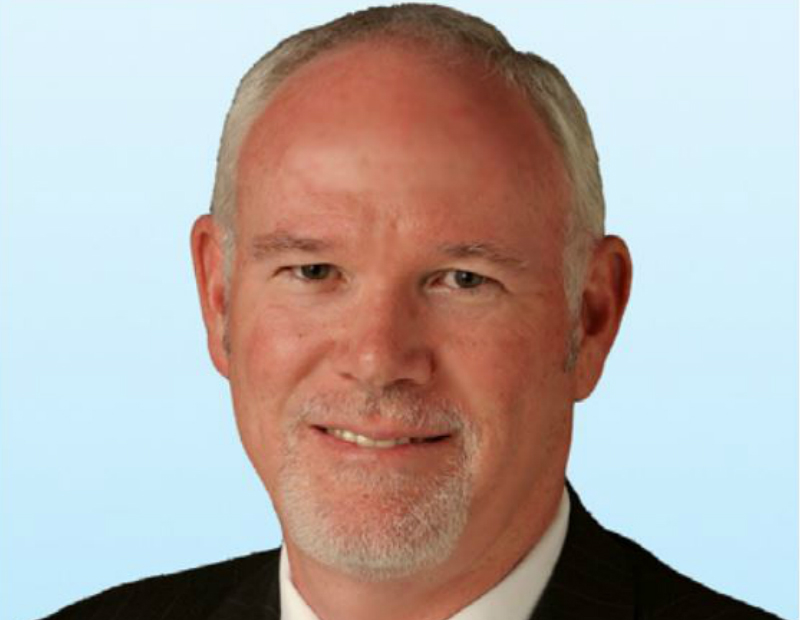

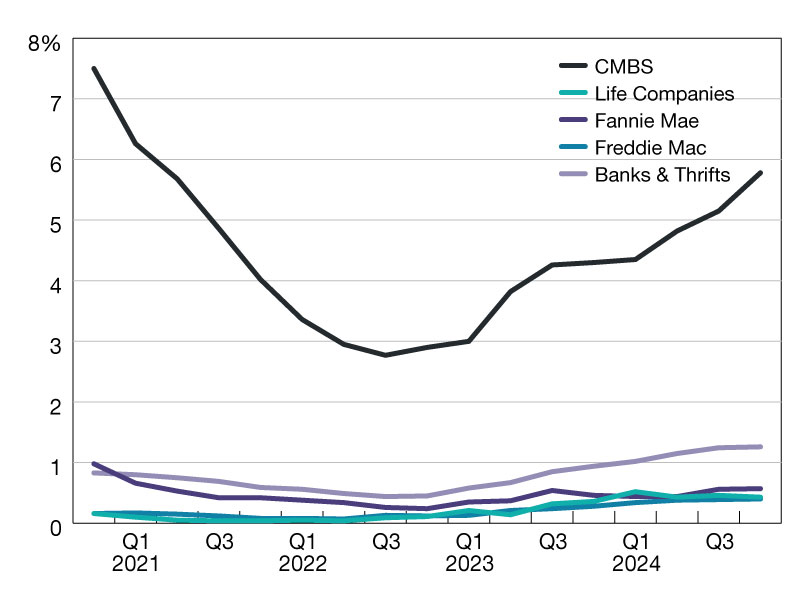

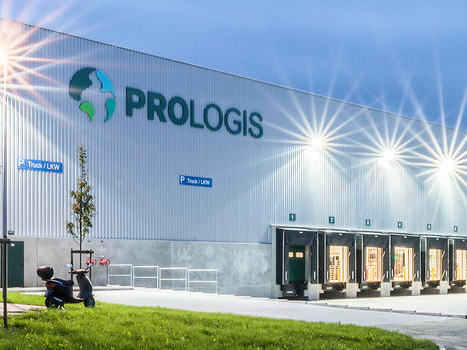
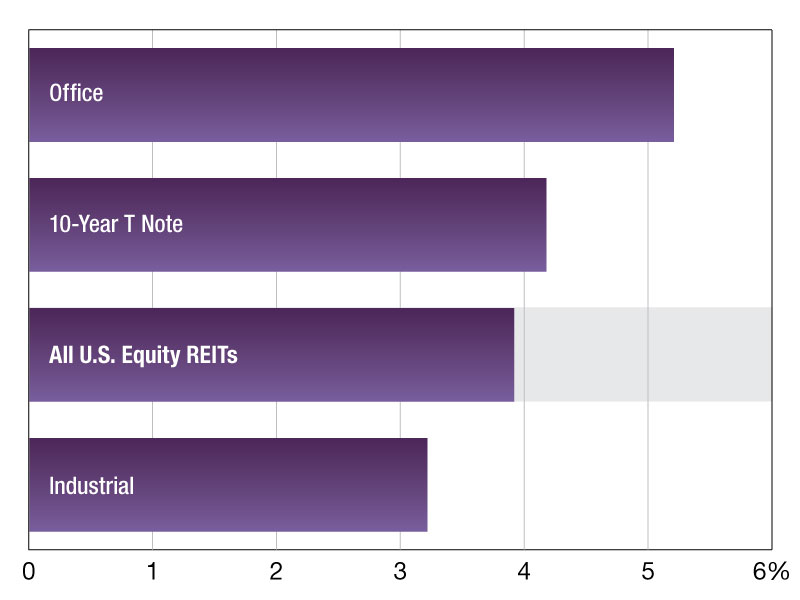
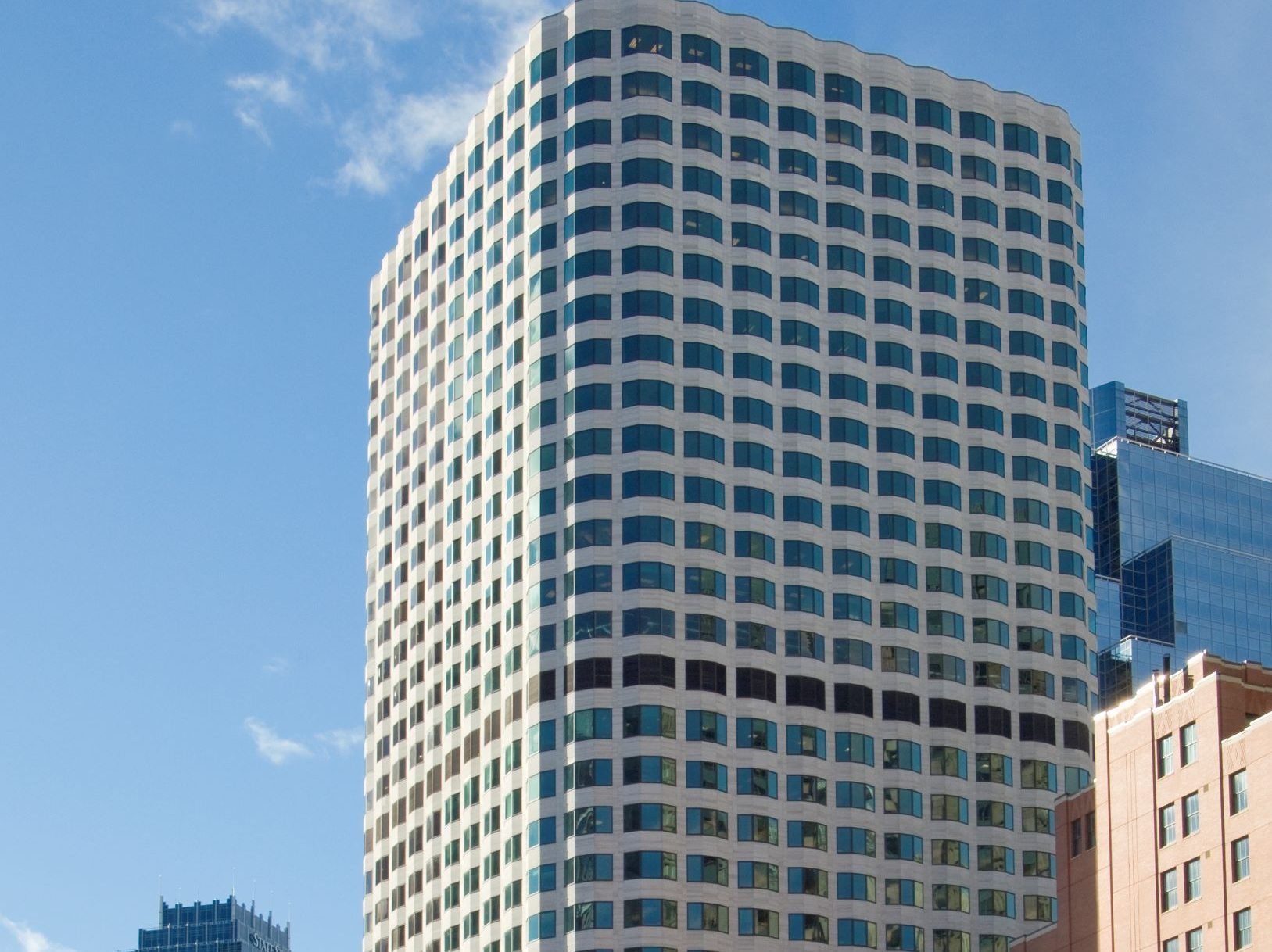

You must be logged in to post a comment.